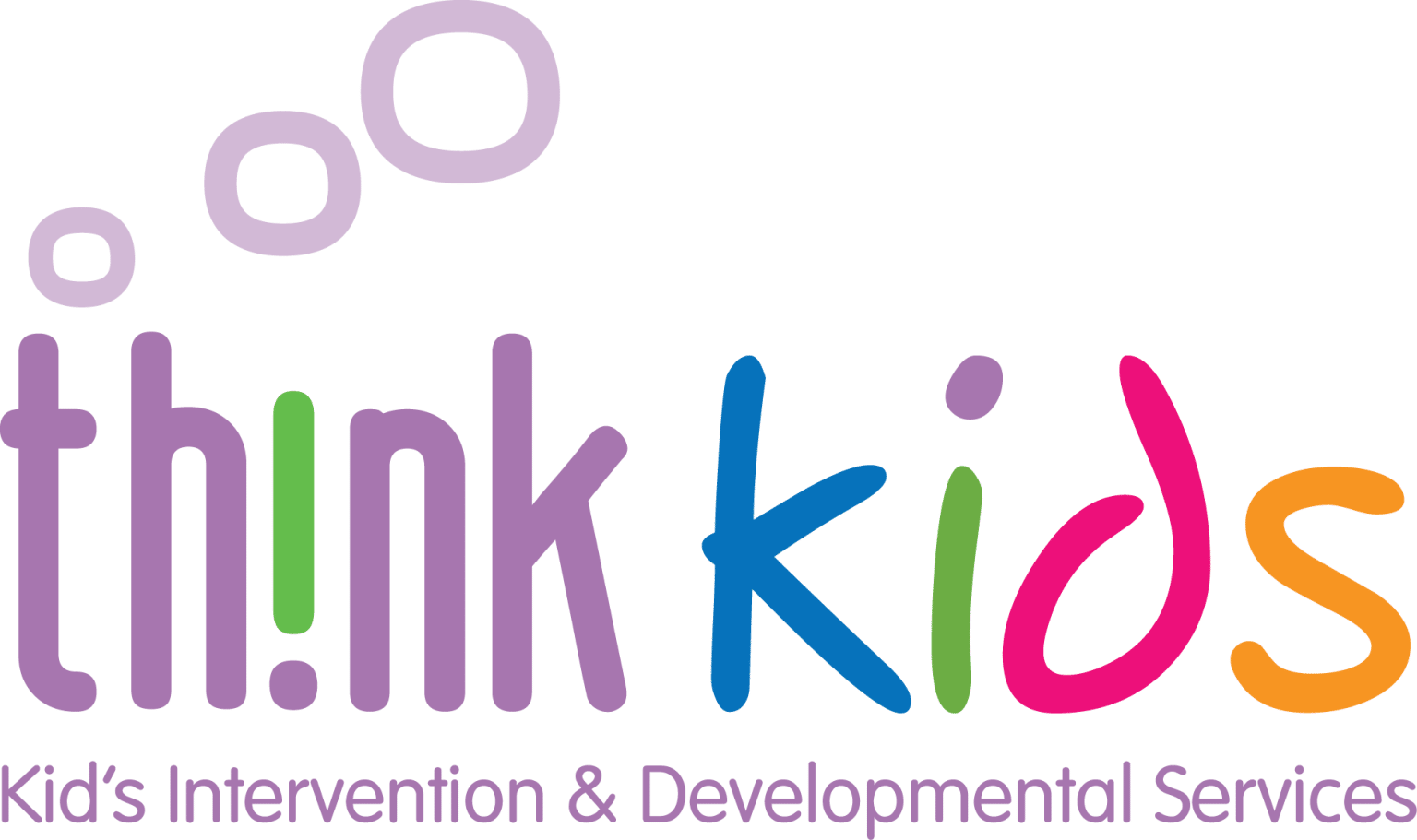At Think Kids Singapore, we strive to provide comprehensive insights into developmental child psychology in Singapore. Our expert team of psychologists, researchers, and educators have conducted in-depth studies and analyses to bring you the most accurate and up-to-date information on this topic. In this article, we delve into the fascinating world of developmental child psychology, exploring key aspects, milestones, and factors that influence the development of children in Singapore. Join us as we unravel the intricacies of this field and provide you with valuable knowledge that can help you better understand and support the growth and well-being of children.
1. Introduction to Developmental Child Psychology
Developmental child psychology focuses on the psychological, emotional, cognitive, and social development of children from infancy through adolescence. It seeks to understand how children’s minds and behaviors evolve over time and how various factors, such as genetics, environment, and experiences, shape their development. By studying developmental child psychology, we gain valuable insights into the intricacies of child growth, enabling us to provide the best possible support and intervention for children in Singapore.
2. Key Developmental Stages
Children go through distinct developmental stages, each characterized by unique milestones and challenges. Understanding these stages can help parents, educators, and caregivers provide appropriate guidance and create a nurturing environment. Here are the primary developmental stages in child psychology:
a. Infancy (0-2 years)
Infants rapidly develop their motor skills, language abilities, and social bonds during this stage. They learn to crawl, walk, and communicate their needs through gestures and sounds.
b. Early Childhood (2-6 years)
This stage is marked by rapid language development, increased independence, and the emergence of self-identity. Children engage in imaginative play, develop friendships, and acquire basic cognitive skills.
c. Middle Childhood (6-11 years)
During this stage, children expand their social circles, refine their motor skills, and enhance their cognitive capabilities. They begin formal education and develop a sense of competence and industry.
d. Adolescence (12-18 years)
Adolescence is a period of significant physical, emotional, and cognitive changes. Teenagers strive for independence, establish their identities, and experience increased peer influence.
3. Factors Influencing Development
Various factors influence a child’s development, and understanding them is crucial for providing optimal support. Some key factors include:
a. Genetics
Genetic factors play a significant role in determining a child’s physical and psychological traits. Inherited characteristics can influence intelligence, temperament, and susceptibility to certain mental health conditions.
b. Environment
The environment in which a child grows up has a profound impact on their development. Factors such as family dynamics, socioeconomic status, and cultural influences shape a child’s beliefs, values, and behaviors.
c. Parenting Style
The parenting style adopted by caregivers can significantly impact a child’s emotional and social development. Styles ranging from authoritative to permissive can influence self-esteem, discipline, and overall well-being.
d. Education and Learning Opportunities
Access to quality education and diverse learning opportunities greatly contribute to a child’s cognitive development and academic success. Singapore’s robust education system plays a vital role in shaping children’s intellectual growth.
e. Socioeconomic Factors
Socioeconomic factors, such as income level, access to healthcare, and neighborhood conditions, can affect a child’s physical and mental health outcomes. Addressing disparities in these areas is crucial for promoting equal opportunities for all children.
4. Importance of Early Intervention
Early intervention plays a pivotal role in ensuring positive developmental outcomes for children. Recognizing and addressing developmental delays or challenges at an early stage can lead to improved long-term outcomes. In Singapore, various resources and programs are available to support early intervention efforts, including developmental screening, early childhood intervention centers, and specialized therapies.
5. Supporting Developmental Child Psychology in Singapore
Singapore is committed to providing a conducive environment for the development and well-being of children. The government, along with numerous organizations and professionals, offers a range of resources and initiatives to support developmental child psychology. These include:
a. Early Childhood Development Agency (ECDA)
ECDA oversees the quality of preschool education, ensuring that young children receive holistic and developmentally appropriate care and education.
b. Child Guidance Clinics
Singapore has specialized clinics that offer assessment, diagnosis, and intervention services for children with developmental, emotional, or behavioral difficulties.
c. Parenting Workshops and Support Groups
Various organizations conduct parenting workshops and support groups to equip parents and caregivers with valuable knowledge and skills to promote positive child development.
d. Research and Collaborations
Universities and research institutions in Singapore actively contribute to the field of developmental child psychology through research, collaborations, and evidence-based practices.
In conclusion, understanding developmental child psychology is crucial for parents, educators, and caregivers in Singapore. By gaining insights into the key stages, influential factors, and available support systems, we can provide children with the best possible environment for their growth and development. At Think Kids Singapore, we are dedicated to promoting the well-being of children and providing the necessary resources and expertise to support their developmental journey.

